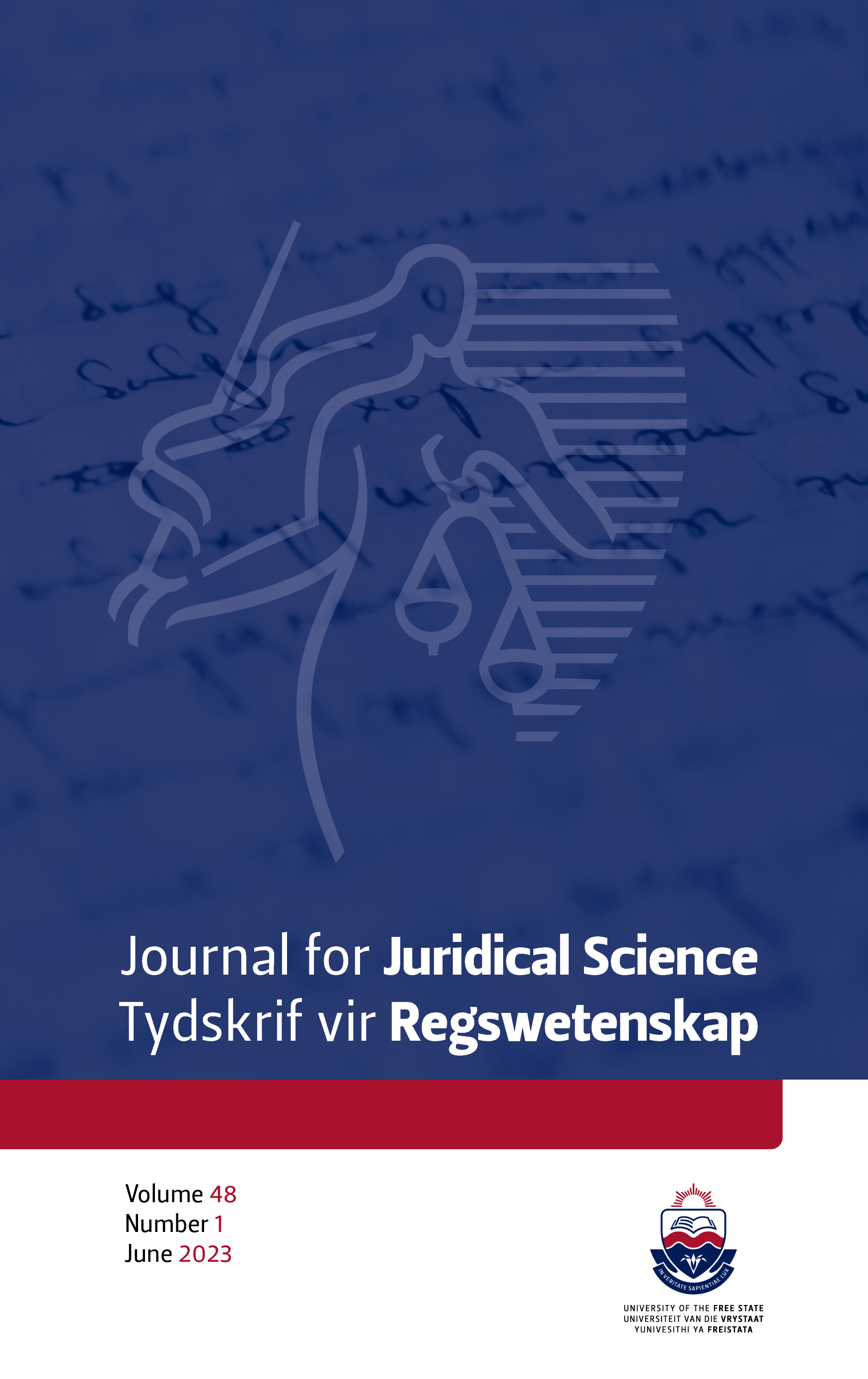Does the state have to provide substantiating evidence when an accused pleads guilty to drug-related charges?
A discussion of S v PAULSE 2022 (2) SACR 451 (WCC)
DOI:
https://doi.org/10.38140/jjs.v48i1.7300Keywords:
guilty plea, drug charges, unrepresented accused, fair trial rights, Section 112(1)(b) CPAAbstract
This analysis assesses the ruling in the case of S v Paulse 2022 (2) SACR 451 (WCC) and examines the possibility of an accused entering a guilty plea and subsequently being convicted for offenses under sec. 4(b) of the Drugs and Drug Trafficking Act 140 of 1992 (DDTA), even when the State presents no supporting evidence for such a conviction. According to the Criminal Procedure Act 51 of 1977 (referred to as “CPA”), a court has the authority to convict an accused who pleads guilty to a serious offense as defined in sec. 112(1)(b), following a thorough inquiry of the accused. This process is designed not only to safeguard the accused from unwarranted convictions but also to expedite proceedings. Nonetheless, legal precedents have indicated that determining whether a substance falls within the category of an “undesirable dependence producing” substance, as outlined in Part III of Schedule 2 of the DDTA, might be beyond the accused’s knowledge. To prevent unjust convictions, the State should provide the court with a certificate as outlined in sec. 212(4)(a) of the CPA, if the accused is unable to offer this information. This certificate is issued by a qualified expert subsequent to necessary tests that establish the chemical composition of the substance in question. The certificate acts as preliminary evidence of the relevant fact. When such a certificate is not presented, the courts ought to adopt a more careful approach, especially when an accused is unrepresented by legal counsel. This careful approach during questioning is intended to satisfy the court that the substance indeed falls under the prohibited category as per the DDTA. This approach underscores the importance of due process. There have been instances where some courts have been hesitant to demand the sec. 212(4)(a) certificate or to employ a more cautious approach, seemingly giving greater weight to crime control. However, to safeguard accused individuals from baseless convictions and to uphold their right to a fair trial as stipulated in sec. 35(3) of the Constitution of the Republic of South Africa, 1996, it is imperative to prioritize considerations of due process.
Downloads
##submission.downloads##
Published
Issue
Section
License
Copyright (c) 2023 Delano Van der Linde

This work is licensed under a Creative Commons Attribution 4.0 International License.




